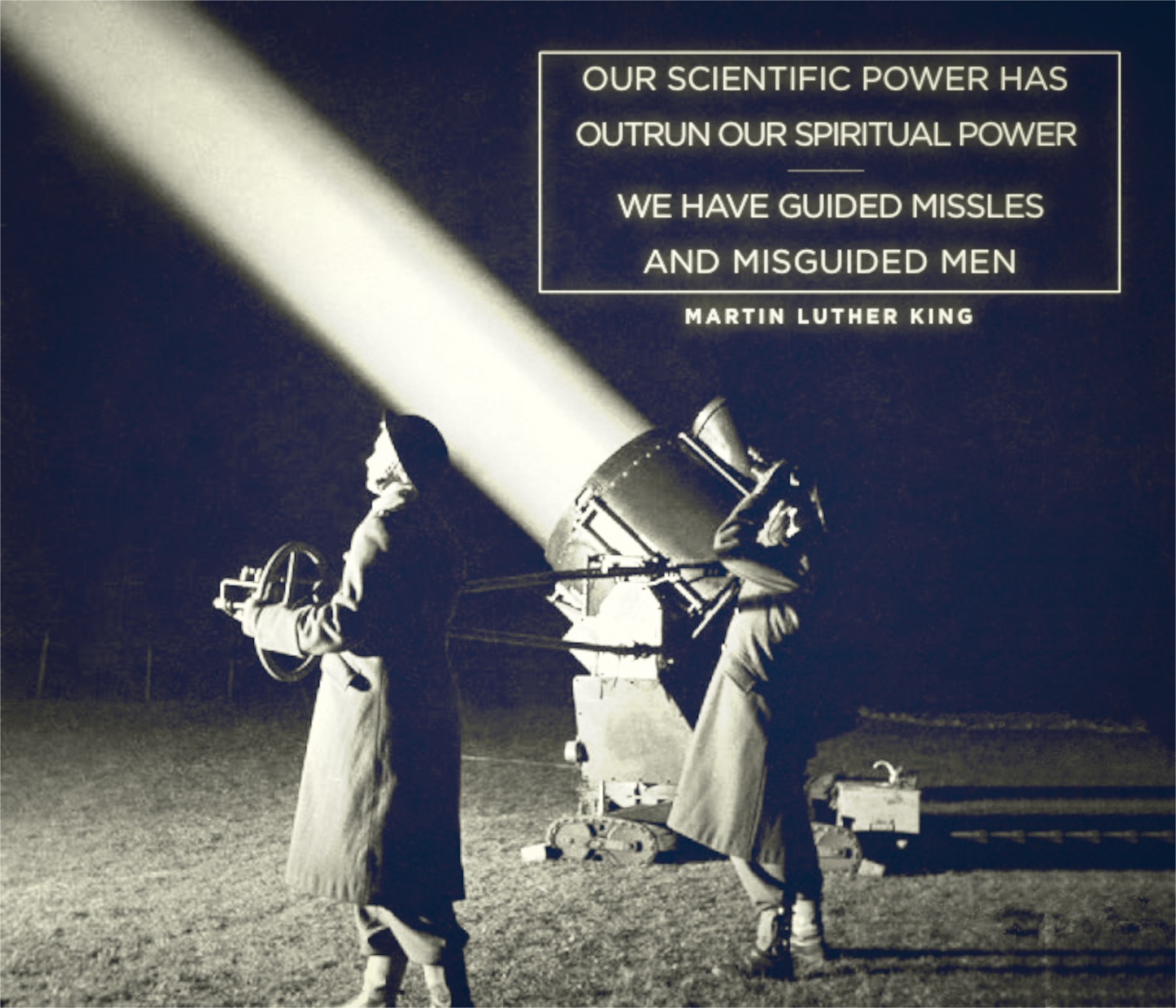In the realm of spiritual and social teachings, the intersection of love and power emerges as a profound concept, particularly within the frameworks of the Baha’i Faith and the teachings of iconic civil rights leaders like Dr. Martin Luther King Jr. This exploration elucidates the intricate relationship between love and power, drawing upon the rich doctrinal core of Baha’i principles alongside the resonant philosophies articulated by King. By parsing through various dimensions of this theme, one can garner insights applicable both to personal growth and collective societal advancement.
Understanding Power through the Lens of Baha’i Teachings
At the heart of Baha’i teachings lies the fundamental belief that true power is inextricably linked to love and compassion. Baha’u’llah, the founder of the Baha’i Faith, elucidates that “power without love is destructive.” This assertion invites adherents to reflect on how power exercised devoid of compassion can lead to tyranny and oppression. The Baha’i perspective posits that spiritual authority should engender unity and foster communal harmony; thus, power is best wielded through the lens of love and understanding. This harmonious interaction can transform power into a tool of service rather than a mechanism of control, engendering societal serenity.
Dr. Martin Luther King Jr.: The Manifestation of Power and Love
Dr. Martin Luther King Jr. serves as a quintessential figure illustrating the profound synergy of power and love. His doctrine of nonviolent resistance was predicated on the belief that love is a potent force capable of overcoming injustice. King resolutely declared, “Hate cannot drive out hate; only love can do that.” This embodiment of love as a vehicle for social change paralleled the Baha’i perspective, which advocates for the transformative potency of love in societal structures. In both traditions, love is not an abstract concept but a tangible force that can galvanize social action and dismantle oppressive systems.
The Philosophical Underpinnings: Love as a Moral Force
Delving deeper into the philosophical roots, both the Baha’i teachings and King’s philosophies converge on the idea that love serves as the highest moral force. In the Baha’i Faith, love is identified as the essence of the Creator, an attribute that should guide human interactions. This reflects a universal principle echoed in many religions, where love is deemed the core of human existence. Power, then, ought not to be an end in itself, but rather a means to realize a higher, collective human dignified purpose.
In contrast, power devoid of love fosters division and discord. Various historical epochs provide ample evidence of regimes that govern through fear, emphasizing that such power is ephemeral, often leading to societal ruin. Hence, instilling love in the framework of power acts as a stabilizing force, enabling societies to flourish rather than falter.
Practical Applications of Power with Love
Transitioning from theoretical discourse to practical applications, one must consider how individuals and communities can embody the harmonious union of power and love in today’s context. The Baha’i community embodies these principles through various initiatives, such as community building, educational programs, and the promotion of equality among diverse groups. These initiatives reflect a commitment to serving humanity, underscoring that love can indeed be a powerful catalyst for change.
Likewise, modern activism can draw on King’s legacy, advocating for civil rights through peaceful methods. The application of these principles can inspire grassroots movements, emphasizing love-based action that resonates with individuals while fostering collective movements for justice. The success of these methods underscores that love-infused power is not only potent but necessary in addressing contemporary challenges such as social inequity, environmental concerns, and global peace.
Intersectionality of Love and Power in Baha’i Teachings and Martin Luther King Jr.
Critically examining the intersectionality of love and power in these teachings reveals an inviting landscape for further dialogue. This intersectionality emphasizes the call for unity amidst diversity, a theme prevalent in both Baha’i principles and King’s vision for a just society. Both advocate for the eradication of prejudice and the fostering of inclusiveness. The essence of community service in the Baha’i framework aligns seamlessly with King’s advocacy for racial justice, suggesting a path forward that embraces love-centered power as a core principle of societal progress.
A Call to Action: Embracing Love as a Component of Power
Thus, the confluence of power and love as presented in the Baha’i Faith and through the teachings of Dr. King emerges as a compelling reminder of the transformational potential inherent in every individual. A call to action is extended to the global community, encouraging adherents of these traditions, as well as secular advocates, to prioritize love in their expressions of power. Creating inviting spaces for dialogue, nurturing personal and collective development, and engaging in acts of service encapsulate the essence of this teaching. A power of love is not merely an ideal; it is a practical mandate for those aspiring to make a difference in the world.
In conclusion, the exploration of “What Is Power Without Love?” serves as a timeless inquiry into the foundational elements of effective leadership and moral authority. Through love, power transcends its mundane connotations, evolving into a force for equity and justice, echoing through the annals of history, resonating with the teachings of Baha’u’llah and the legacy of Martin Luther King Jr. Such an understanding necessitates a conscientious effort from each individual to act with love, ensuring that power becomes a means of uplifting humanity, rather than a tool of vice.
